When generative AI first came along, I believed it was something cool, like almost everyone else. But as time progressed, generative AI spiralled out of control. It started stealing our art; then it began wiping out jobs for voice actors. Next, it was proven to be detrimental to the environment, and recently, it was also shown to be making people less intelligent. Yet somehow, everyone’s still raving about the newest ChatGPT model, generating strange pictures of their cat, or asking Grok to answer surface-level questions. We as a society need to learn that we have to stop using generative AI for the sake of the planet and humanity.
Reasons
Environmental Impacts: The technology that enables Generative AI is the work of computers in data centers. These data centers process requests 24/7, which draws a lot of power and heat. These centers utilize a ton of water, which puts a strain on the power grid, leading to an obscene increase in Carbon Dioxide emissions and electricity demand. According to the Organization for Economic Co-operation and Development, the electricity consumption of data centers is expected to approach 1,050 terawatt-hours by 2026, which would make it the fifth-largest electricity consumer in the world, right between Russia and Japan. By 2030, data centers could account for 13% of global electricity consumption and 6% of carbon footprint.
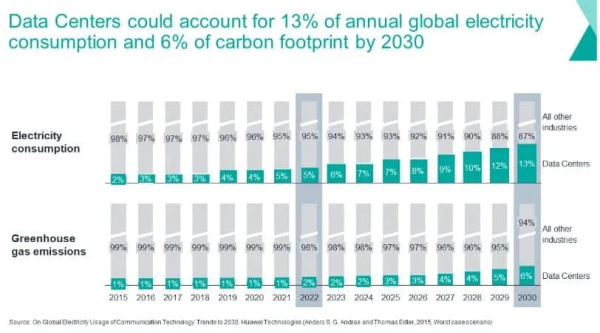
Intelligence impacts: The use of Generative AI has been shown to reduce people’s intelligence by degrading critical thinking skills. This was proven in an MIT study in which 54 participants were divided into three groups and asked to write several SAT essays using ChatGPT, the Google search engine, and nothing at all. The researchers monitored the participants’ brain activity across 32 regions and discovered that the group using ChatGPT was found to have the “lowest brain engagement and consistently underperformed at neural, linguistic, and behavioral levels,” and as the experiment progressed, the ChatGPT group got progressively lazier, until they started “resorting to only copy and pasting by the end of the experiment.” The study also suggests that these impacts are worse for younger learners.
Image/video/voice generation concerns: AI generates images by taking a ton of pictures from the internet and assigning them to certain keywords. For example, the way AI can generate a picture of an apple is because it sifted through a lot of pictures of fruit to know exactly what an apple is. The issue with this is that AI can capture images of your drawings on the internet, allowing it to replicate your art style. This takes away money from artists,
and it also devalues their work. Also, the only thing a bad actor needs is one good photo of you to use an AI tool like Viggle to create a fake video of you doing the nazi salute, or one good audio clip of you talking to use an AI tool like ElvenLabs to create a fake audio clip of you plotting a bomb threat.
Excuses
“But AI helps me study!” – There are about a million other ways to study without using AI, like using online flashcards through sites like Quizlet, or even just asking your teacher for more study material.
“AI makes art more accessible! / I’m not talented enough!” – This one makes me angry because there are countless artists with disabilities, such as Chuck Close, who was partially paralyzed after a spinal artery collapse, yet was able to adapt his art style to work with his disability, or Ludwig van Beethoven, who was deaf yet still made music. And on the topic of “not being talented enough,” I believe that’s a load of hogwash. I’ve known people who are great artists, and when I ask them how they got good, they don’t say they were just “born with that talent.” They say they’ve been drawing and drawing for a long time. You can’t just get into something and expect to be an expert in it overnight.
“I chat with AI because I’m lonely/in need of therapy!” – It has been proven that talking to AI with that purpose frequently has been correlated to “higher loneliness, dependence, and problematic use, and lower socialization,” according to an MIT research article.
“There are worse industries for the environment out there!” – Yes, there are other industries that are way worse for the environment than AI, but that doesn’t mean we should keep on adding more to that list. The fact that AI is a relatively new technology means that it’s easier to cut it out of our lives before it develops into something worse.
“I can’t stop using it, it’s too convenient!” – Sure, it may be convenient, but that convenience is costing us the planet, and it’s costing you your critical thinking skills. Please consider the real cost of your convenience, as it’s harming both the planet and yourself.
What should be done?
While it’s unlikely that we’re going to topple the big AI industry giants, we can instead reduce the amount of impact AI has on us by simply not using it. It’s that simple. Delete your OpenAI account, stop asking Grok stupid questions, stop generating images of stuff that already has a million human-made stock photos, just stop using it. Every ex-AI user we get helps.
While there have been some positives achieved with Generative AI, these were through scientists and other organizations actually using it for a good purpose, rather than Ig’kwell Von Goofylfop from down the road using it to get help on his math homework. The solution? Make Generative AI less accessible to the public. Charge for it to be used. This’ll disway casual customers and allow for more professional organizations to use it, which will decrease the overall use.


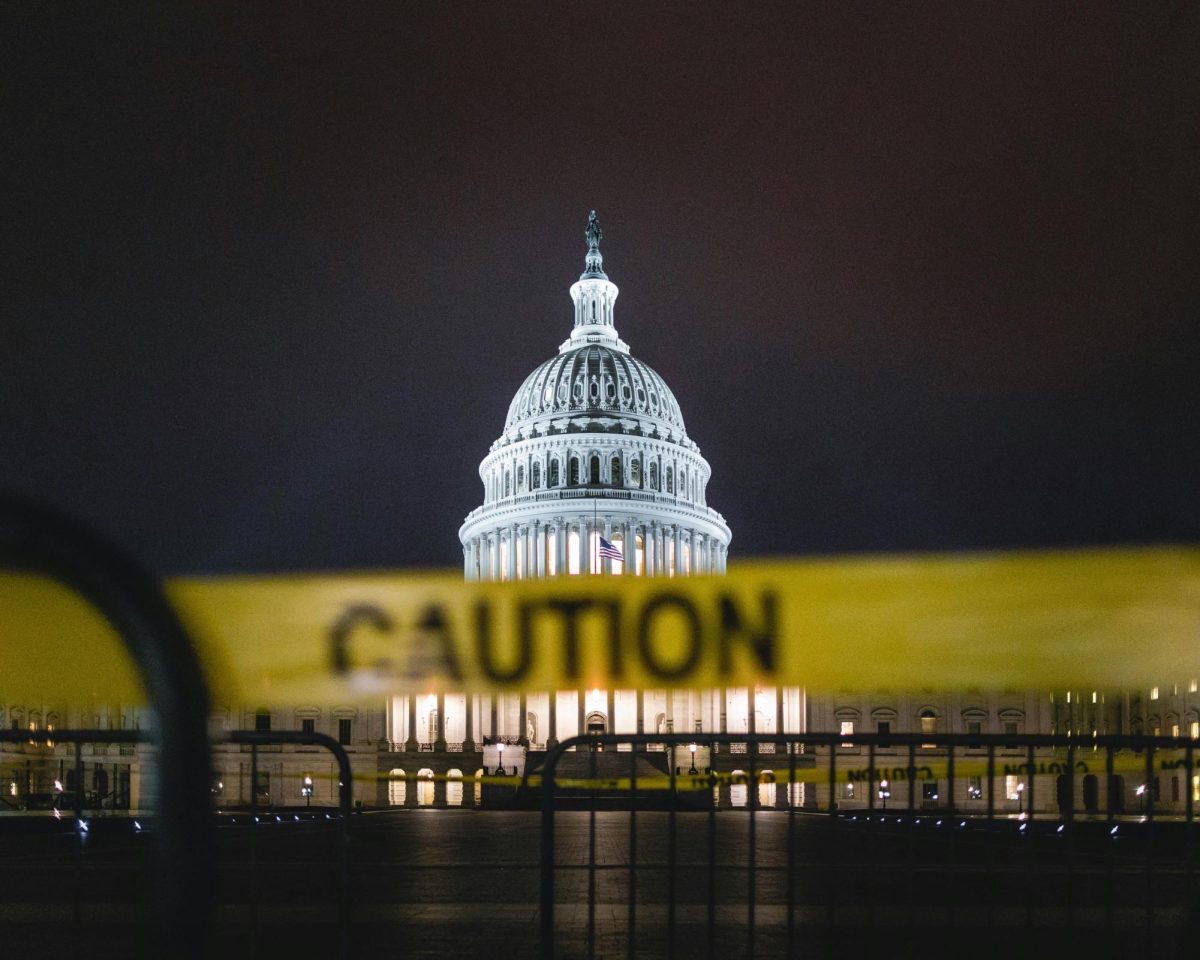
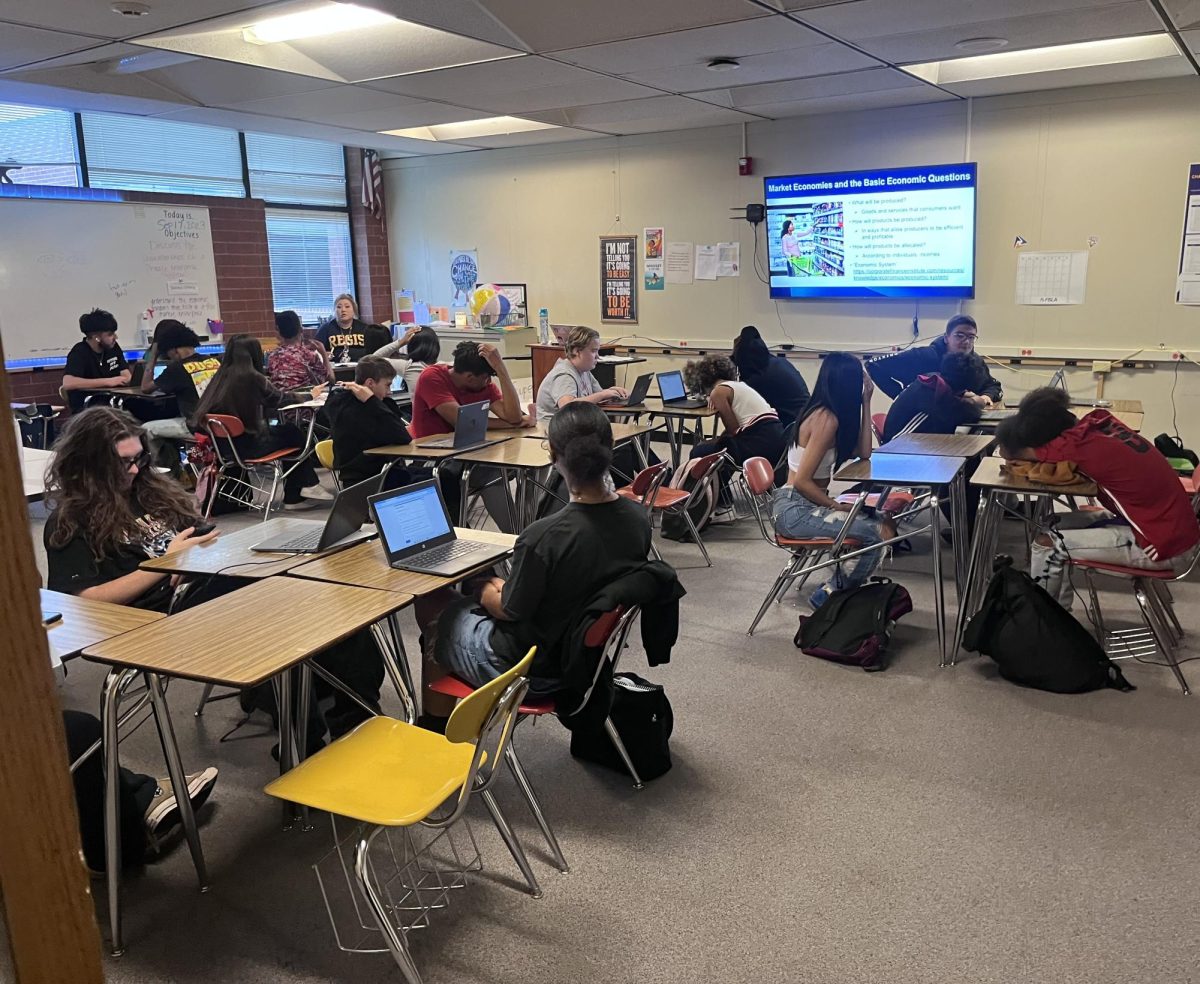
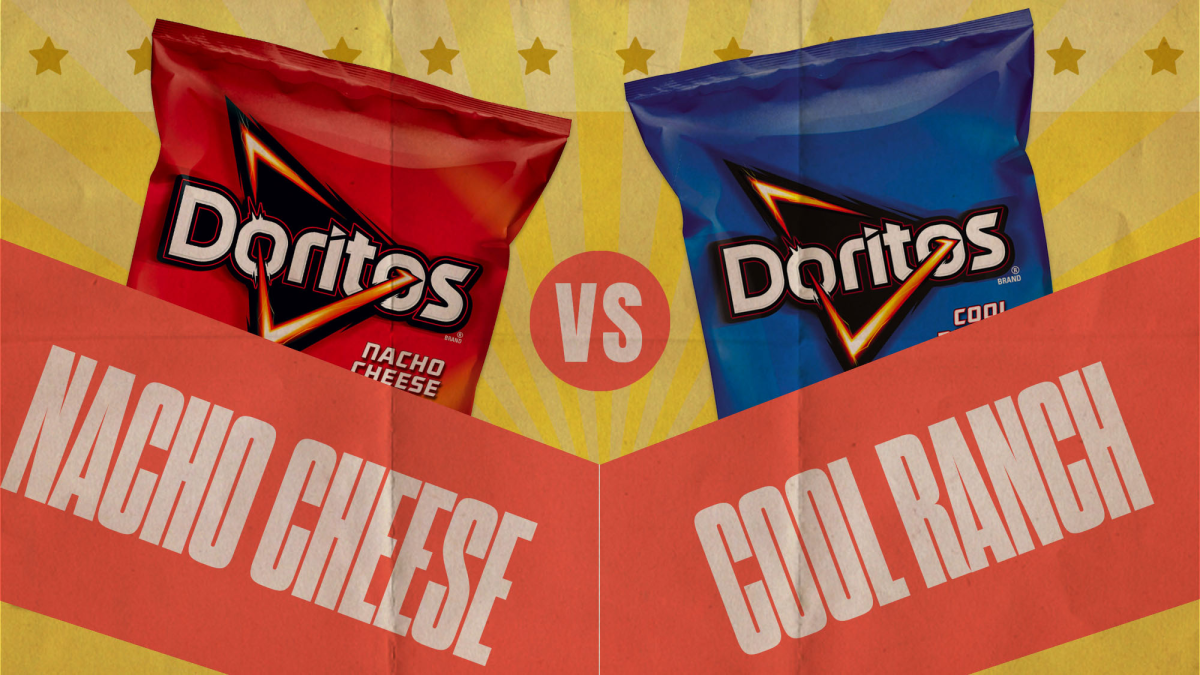
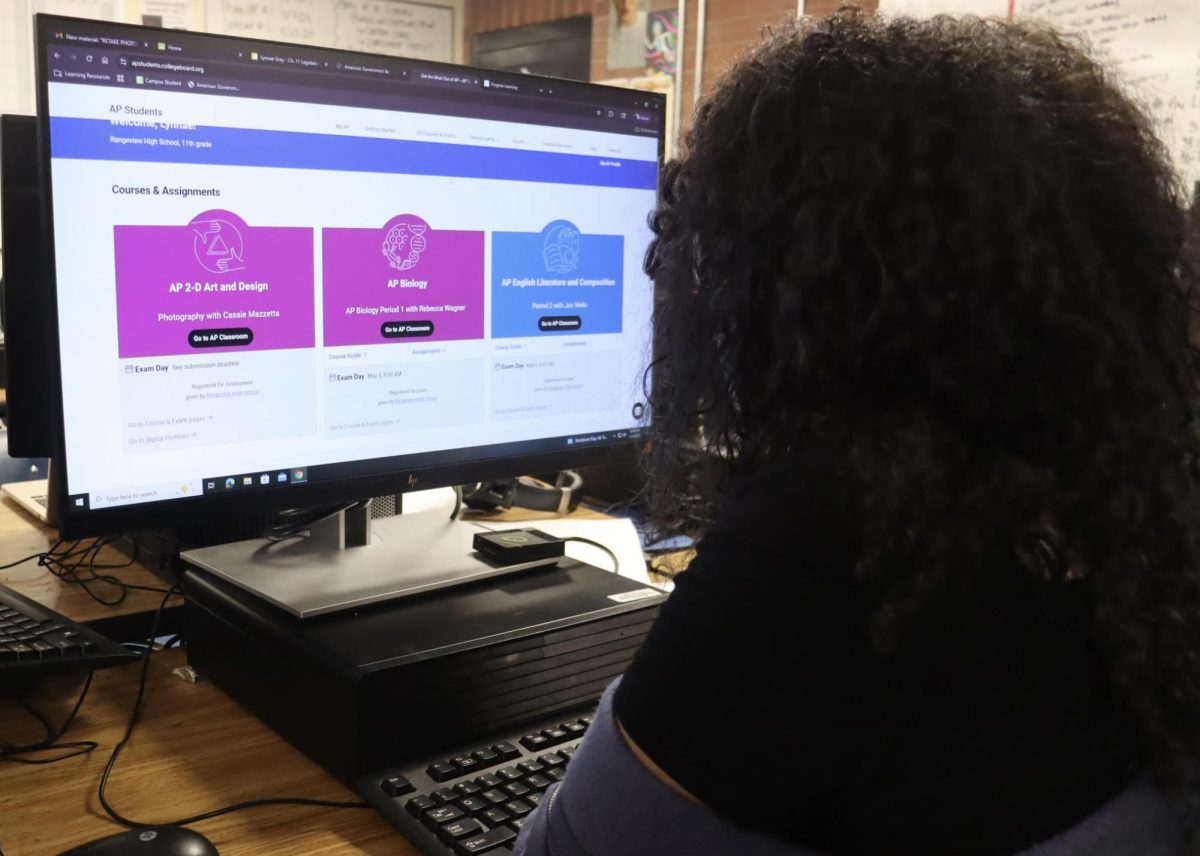

Wiley Scheideman (News Desk) • Sep 4, 2025 at 10:24 PM The Rangeview Raider Review Pick
As someone who uses AI quite a bit and who is generally pro-GenAI, I can agree with 98% of what you’ve said. We (Myself included) do use it way too often, and as a society we should definitely cut down when there are way better resources to use. I do disagree with one thing though. We shouldn’t stop using it all together. Like you said, incredible things have been done with generative AI, and those achievements may very well be the future of humanity when it comes to curing disease, etc. The point should not be to get rid of this feat of engineering, but rather we should make it more efficient (aka. Less harmful to the planet). Personally I find that competition is the best way to do this. For example, DeepSeek. The people at DeepSeek were able to make their R1 model for a few million dollars instead of hundreds of billions, like it has with OpenAI. As competition and accessibility increases, things will naturally become less negatively impactful, it’s a fact of life.
Fantastic article, can’t wait to see what else you publish.